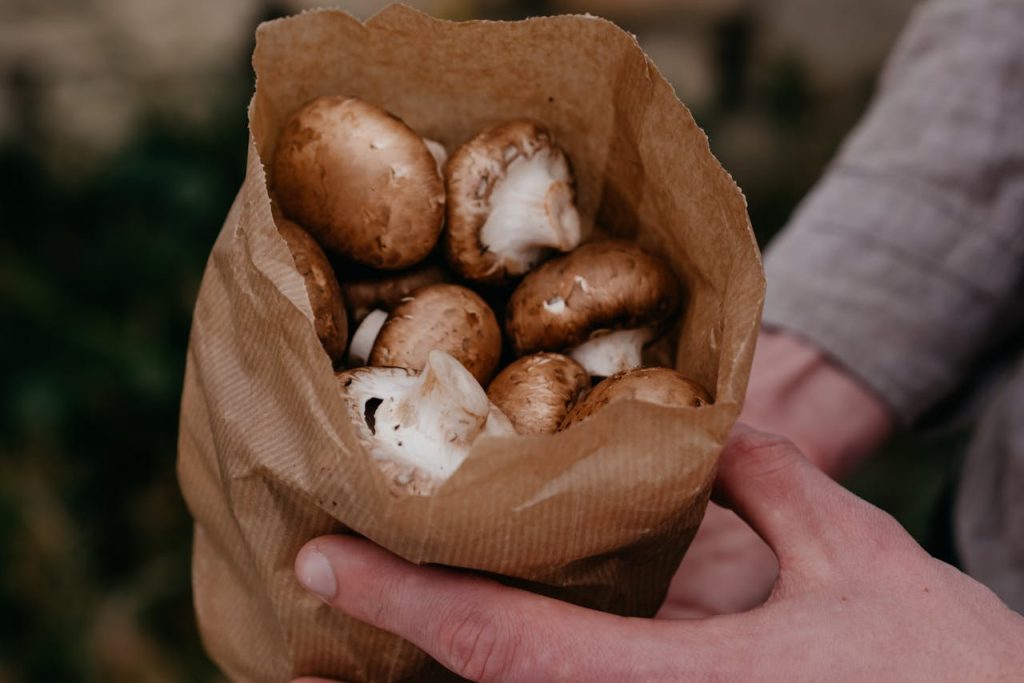Paper grocery bags don’t work as well as plastic bags. And, they’re far more expensive. A plastic bag costs about a penny. A paper bag? Around a nickel. As a result, plastic is replacing paper bags by the billions.
Nanny has noticed. “Hmmm.”, she says, brows furrowed in what she believes indicates deep, deep thought, “Since they cost less, those bags should be taxed! How can we do that? I know! Let’s tell people they’re bad! I know! We’ll tell ’em ‘Plastic bags hurt the environment!'”
Nanny’s friends are told of this opportunity. One of them says: “Plastic bags don’t really hurt the environment. All the plastic bags that a person uses in a year can fit in one plastic bag that only weighs a pound or so. There’s really not a problem.”
Nanny says, “That won’t do! We need a problem!”
“Well,”, another Nanny suggests, “we could tell the fools that so many plastic bags end up in the ocean that precious marine life is being destroyed. We’ll tell the fools that billions of plastic bags are floating around in huge gyres centered in the Pacific Ocean, where they’re choking whales and dolphins. It’s our duty to make whatever investments are necessary to protect those magnificent animals, and the only ‘fair way’ to do that is a tax on plastic bags!”
“And,” Nanny knows, “when the fools have to pay the tax, they’re standing in line, with money in their pockets, all ready to pay. It’s the best possible time to tax them. Why shouldn’t we?”
Nanny is now pondering, as the dollars generated from five and ten cent taxes on each plastic bag begins to roll it, “If they aren’t smart enough to figure that out, we can tax every single can, every single bottle, every single . . . “








